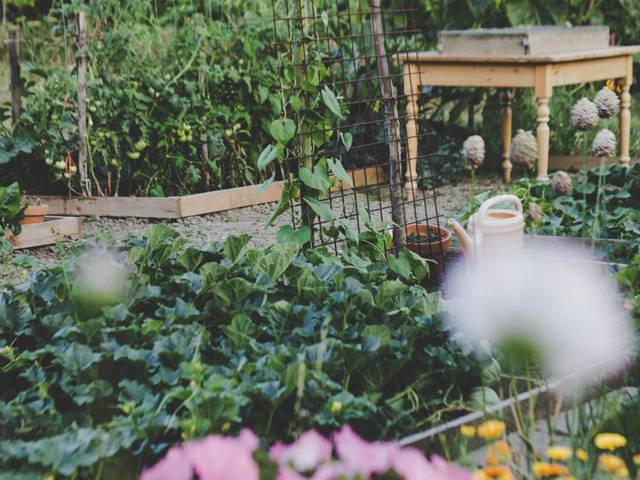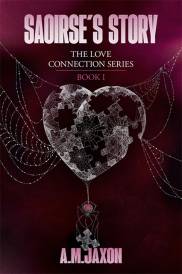Compost Is The Key To A Sustainable Environment

4 Reasons Why Compost Is Key To A Cleaner, Greener And More Sustainable Environment
We all know that compost is vital in providing essential nutrients for plant growth, it fertilises the soil and creates a healthy environment for plants and crops. But do you know this organic material also plays a crucial role towards building a greener, cleaner and sustainable environment for future generations.
Compost diverts food waste from landfill
By composting food waste at home or work, you will be diverting waste from going to landfill hence its nutrients recycled into fertiliser and offsetting greenhouse gas emissions in the environment.
Compost is key to Urban Farming
Urban farming enables sustainable living among local communities where fresh produce are just at our doorsteps. Compost as a natural fertiliser nurtures our soils and eliminates synthetic chemicals, ensuring that we get high quality, sustainably grown food.
Compost is used to clean up waterways and degraded lands
In lesser-known applications, compost is used in bio-filters to help clean storm water before it travels into the ocean as well as help regenerate degraded land areas such as; mines, eroded catchments and salinity-effected land.
Compost gives you healthy soil
Compost has a water holding capacity in excess of 30% and is a key ingredient in locking nutrients in soil therefore producing healthier soil and better plant growth.
May 5th to 11th marks the 14th International Compost Awareness Week (ICAW) held in Australia. This is a week during which Australians are encouraged to promote the importance and benefits of composting, through workshops or demonstrations. All types of composting events that encourages and celebrates composting can be registered and promoted on the official ICAW event calendar - http://www.compostweek.com.au/core/events/register-an-event/. CORE, a not-for-profit charity has been championing this international campaign exclusively in Australia for 14 years in an effort to improve soil quality and at the same time reduce the amount of organic waste going to landfills.
"Carbon materials are fundamental to human existence. Recycled carbon materials such as kerbside collected organic materials can create circular economies that benefit environmental, social and economic aspects of human existence. This can only be achieved if the uses of products made from these materials are fully supported throughout the community" says Eric Love, Chairman of the Centre for Organic Research & Education (CORE).
"While some good progress has been made, all governments can step up to the plate when it comes to increasing the purchase of recycled products instead of in some cases creating procurement barriers", continues Mr Love. "Our natural resources are being used where a recycled product is equivalent or even better in performance, quality and cost effectiveness. If the use of good quality recycled products are maximised by all levels of government we wouldn't have a waste crisis".
Major supporters of this year's campaign include the Queensland Department of Environment and Science, Grampians Central West Waste & Resources Recovery Group (GCWWRRG) and the Penrith City Council. La Vergne Lehmann, Executive Officer of GCWWRRG said "Encouraging residents in our communities to compost more at home and use compost in their own gardens is the best outcome for dealing with the organic waste that we create and our support for International Compost Awareness Week is all about engaging our communities to do just that."
Below are some ideas for disposing your household organic waste:
• Compost it using a compost bin or make your own compost heap!
• Feed it to a worm farm – avoid citrus, spicy food, garlic, onions, meat, dairy and processed foods such as bread, pasta…
• If you live in an apartment, the Bokashi Bin Bucket might be more suitable or you can also find a community garden near you to give your organic waste to, they usually have a few compost bins and worm farms.
MORE





